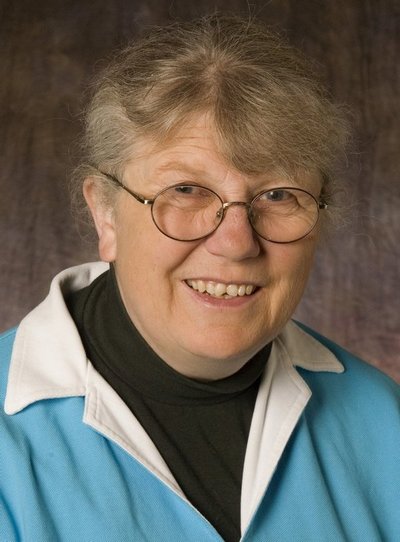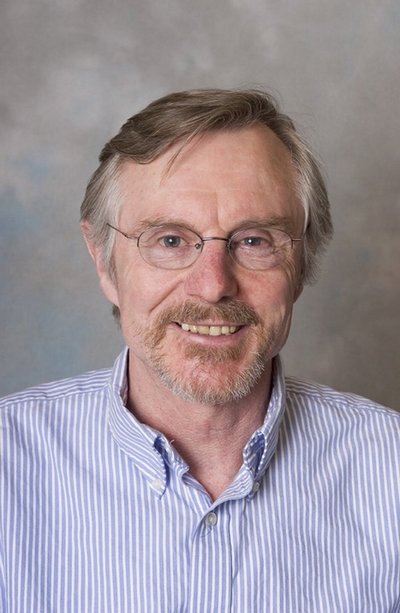May 1, 2008
Two UW profs elected to National Academy of Sciences
Two UW professors have been elected to membership in the National Academy of Sciences (NAS) for their excellence in original scientific research. Elizabeth Thompson, professor of statistics; and Michael Bevan, professor of immunology and Howard Hughes Medical Institute investigator, are among 72 new members elected this week. Membership in NAS is one of the highest honors given to a scientist or engineer in the United States.
Thompson, who has been at the University since 1985, earned her doctorate at Cambridge University in England. Her research interest is in the development of methods for inference from genetic data on related individuals. These may either be the known pedigree relationships of family studies or members of genetic isolates, or the unknown relationships of members of larger populations.
For the human species, Thompson says, modern genomic data make it increasingly possible to infer coancestry of segments of our genomes. Questions of interest range from analyses of long-term genetic differentiation of widely dispersed populations, to short-term extinction of genes in the small population of a highly endangered species; from inference of genealogical relationships among individuals to inference of the genetic basis of traits from data observed on members of a known pedigree; and from analyses of patterns of genome sharing in plants to modern methods for human genetic linkage analysis.
Bevan joined the UW in 1990. Prior to coming to the UW, he held positions at Scripps Research Institute in LaJolla, Calif. and at the Massachusetts Institute of Technology. He is a Fellow of the Royal Society of London. He received his doctorate in immunology at Mill Hill, London in 1972.
Bevan studies the development of T cells in the thymus and in particular how the forces of positive selection and negative selection (central tolerance) shape the repertoire of antigen receptors, and the response to foreign antigens by mature T lymphocytes in the periphery. Bevan is also the 2008 recipient of the William B. Coley Award for Distinguished Research in Basic and Tumor Immunology awarded by the Cancer Research Institute.
The National Academy of Sciences was developed by Congress in 1863 to advise the federal government on any matter involving science or technology. This week’s election brings the number of active members in the academy to 2,041 and the total number of foreign associates to 397.
For more information, or for the full list of newly elected members, visit http://www.nasonline.org/site/PageServer.
Thompson and Bevan will be inducted into the academy next April during its 146th annual meeting in Washington, D.C.


